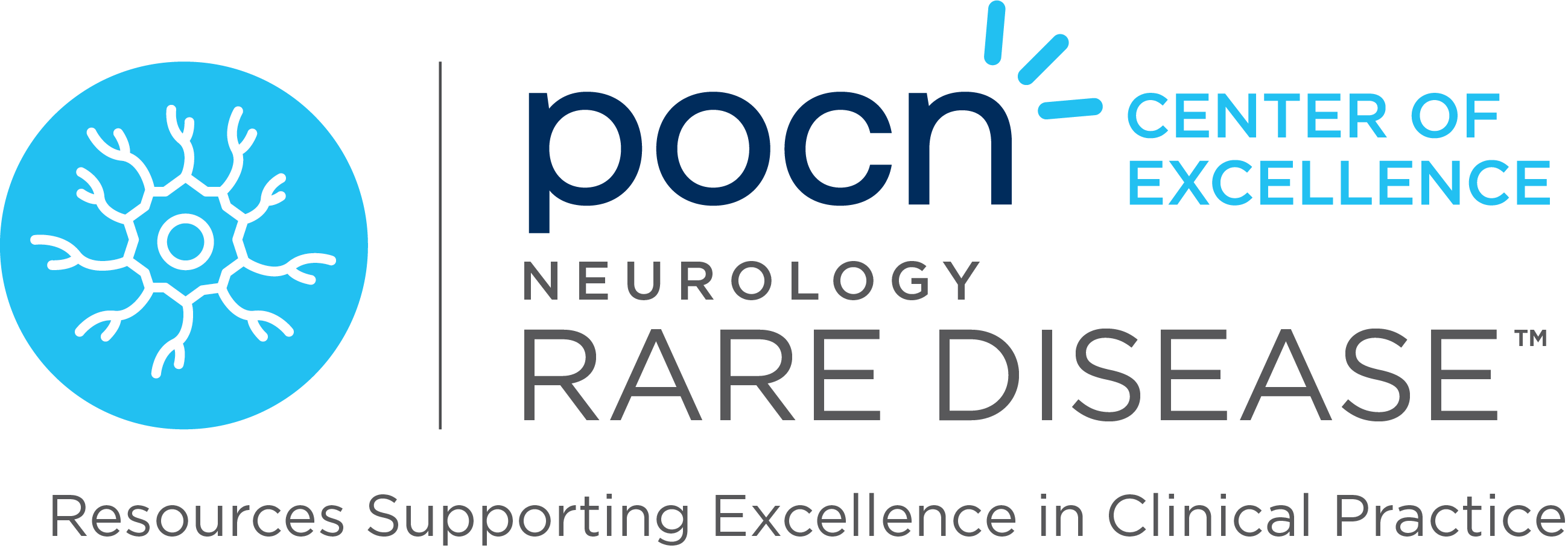Myasthenia gravis (MG) is an autoimmune disorder where antibodies target the neuromuscular junction, causing muscle weakness and fatigue. Affecting 40-180 per million people globally, MG is characterized by antibodies such as anti-AChR, anti-MuSK, and anti-LRP4, which define different subtypes and influence treatment options. Serological tests are essential for diagnosis and determining appropriate therapies. For example, patients with anti-MuSK antibodies may not respond well to acetylcholinesterase inhibitors but benefit from plasma exchange.
Anti-AChR antibodies are the most common markers for MG, found in 70-85% of cases, and they damage the neuromuscular junction. Tests like RIPA, ELISA, and CBA help detect these antibodies, though their levels can vary, complicating disease monitoring. Anti-MuSK antibodies, present in 1-10% of cases, respond better to plasma exchange and rituximab, while anti-LRP4 antibodies, though less common, are linked to a milder disease course. Research stresses that understanding these antibodies is vital for accurate diagnosis and personalized treatment.
Reference: Li Y, Peng Y, Yang H. Serological diagnosis of myasthenia gravis and its clinical significance. Ann Transl Med. 2023 Apr 15;11(7):290. doi: 10.21037/atm-19-363. Epub 2019 Sep 29. PMID: 37090043; PMCID: PMC10116419.



